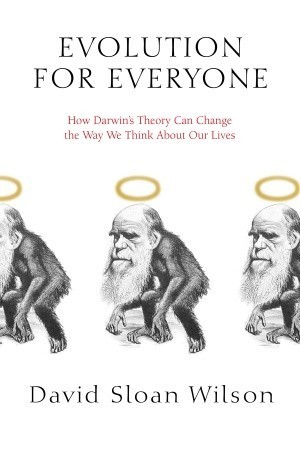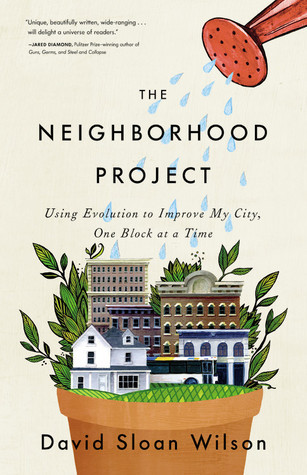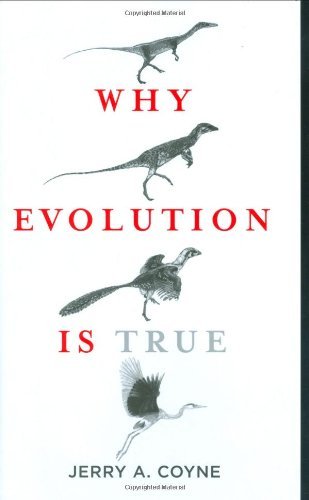
Evolution for Everyone: How Darwin's Theory Can Change the Way We Think About Our Lives
Book Description
What if the key to unlocking a richer, more fulfilling life lies in the revolutionary ideas of evolution? In "Evolution for Everyone," David Sloan Wilson delivers a powerful exploration of Darwin's theory, revealing how it transcends biology to illuminate the complexities of human existence. With gripping insights and real-world applications, the book challenges established norms and inspires a radical shift in perspective. Discover how understanding our evolutionary heritage can reshape relationships, communities, and personal well-being. Can embracing our biological past empower us to forge a better future?
Quick Book Summary
"Evolution for Everyone" by David Sloan Wilson extends Darwin's theory far beyond biology, showing that evolutionary thinking can transform our understanding of human behavior, culture, morality, and even daily life. Wilson, an eminent evolutionary biologist, communicates complex concepts through accessible language and vivid storytelling, making evolution relevant to readers from all backgrounds. He demonstrates how natural selection, adaptation, and cooperation shape not only the natural world but also our social structures and personal relationships. The book challenges readers to see evolution as a practical tool, highlighting its explanatory power in education, economics, and community building. Ultimately, Wilson argues that embracing evolutionary principles can empower individuals and societies to solve problems and create a more harmonious future.
Summary of Key Ideas
Table of Contents
Evolution as a Universal Framework
Wilson begins by demystifying evolution for readers, dispelling common misconceptions and emphasizing that evolution is not limited to animals or genetics but is a framework applicable to all aspects of life. He illustrates, with captivating examples, how natural selection underlies diverse phenomena—from simple organisms adapting to their environments to complex human behaviors. This approach encourages readers to view evolution not as a distant scientific topic but as an active force shaping our daily lives.
The Adaptive Nature of Culture and Morality
He explores how culture, morality, and social norms evolve in response to environmental and social pressures. Wilson argues that human societies, much like biological ecosystems, adapt over generations to optimize group survival. Moral values and behaviors are seen through the evolutionary lens as products of both inherited tendencies and cultural innovation. This section sheds light on how cooperation, fairness, and punishment of cheaters emerge naturally within groups, fostering group cohesion and stability.
Cooperation and Altruism in Human Societies
Next, Wilson delves into the mechanisms of altruism and cooperation, challenging the perception of evolution as a purely selfish process. He explains concepts like group selection and reciprocal altruism, showing how cooperative behavior can benefit both individuals and communities. Real-life case studies—ranging from animal behavior to human organizations—demonstrate that evolutionary forces favor groups organized around collaboration and mutual support, offering lessons for improving relationships and institutions.
Applying Evolutionary Reasoning to Everyday Life
Wilson applies evolutionary reasoning to practical problems facing modern society. He analyzes issues such as education, city planning, and health through the lens of adaptation and evolutionary mismatch, arguing that many social failures result from environments out of sync with our evolved nature. By understanding these mismatches, policymakers, educators, and individuals can design better systems and strategies for personal and collective well-being.
Rethinking Social Challenges Through Evolution
In his concluding arguments, Wilson suggests that embracing an evolutionary perspective can inspire proactive social change. He challenges entrenched worldviews, urging readers to use evolutionary principles as a tool for self-reflection and community development. By integrating evolutionary thinking into policies and everyday choices, individuals and societies can foster greater understanding, adaptability, and cooperation—trait essential for addressing current global challenges and building a better future.
Download This Summary
Get a free PDF of this summary instantly — no email required.





